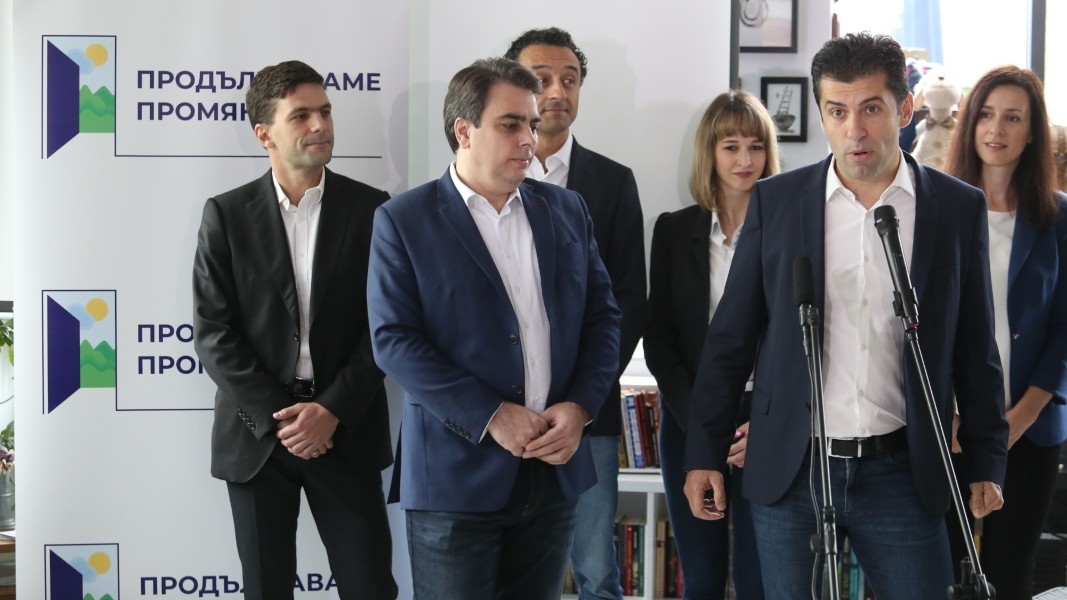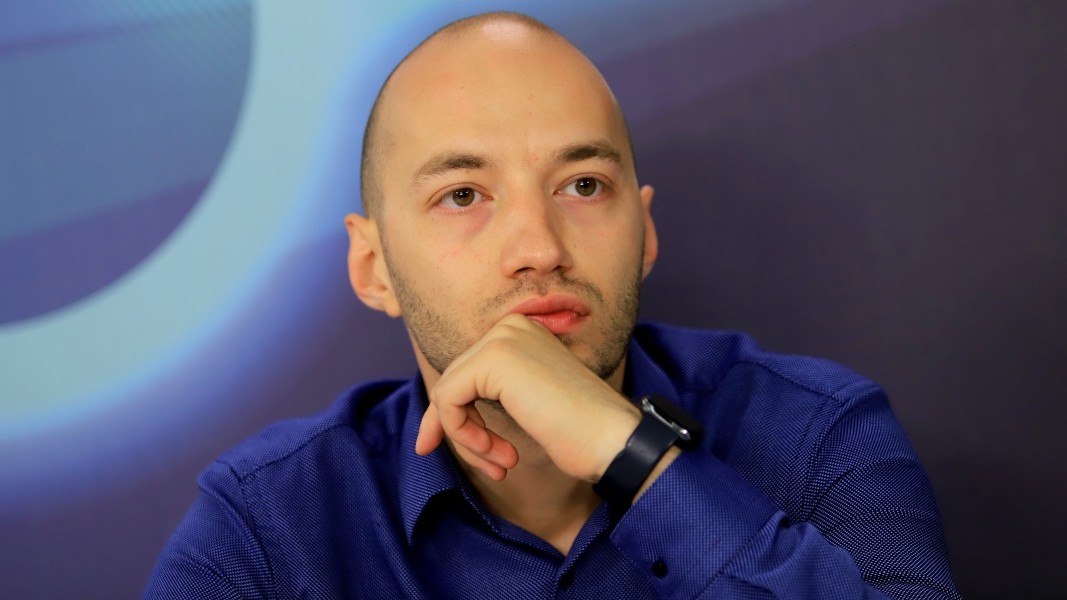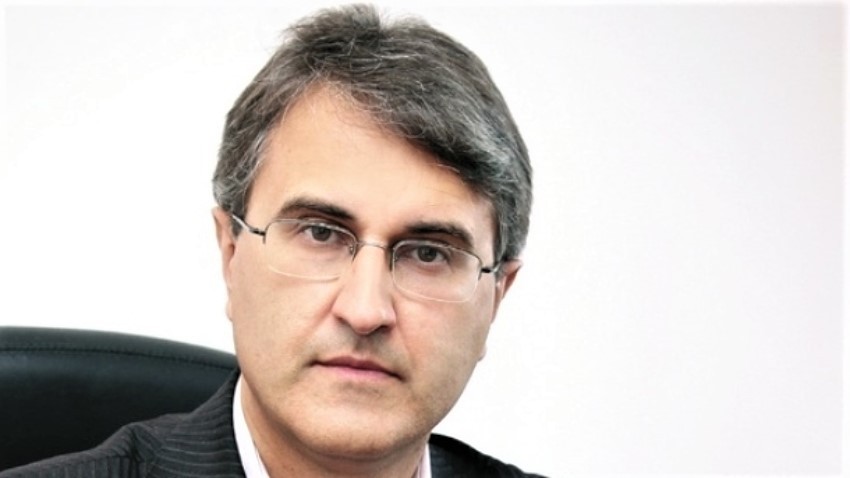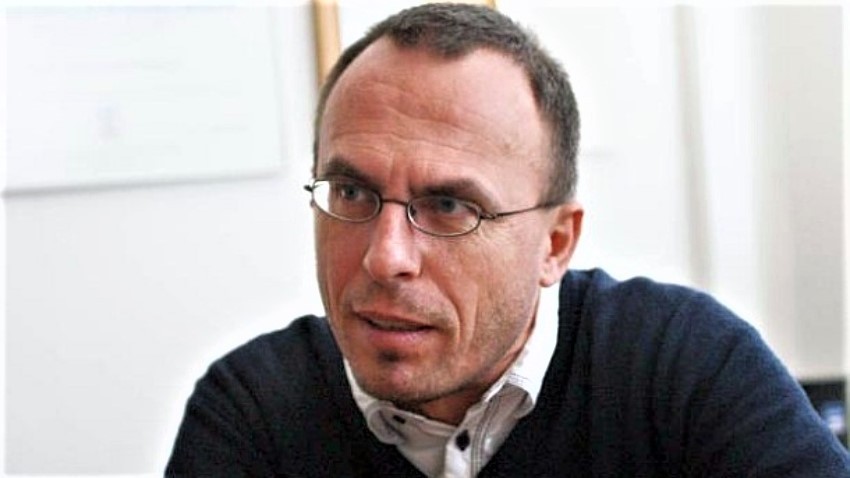The new political formation around Kiril Petkov and Assen Vassilev, former ministers of finance and of economy in the caretaker government appointed by Rumen Radev, stated its aim was to be one of the factors in the next National Assembly of Bulgaria. The fact that they are staking on continuing the change they started as ministers four months ago, gave the name to Vassilev and Petkov’s party. As they were presenting it to reporters, the two were categorical that it is not going to be a presidential party, but they did state their support for a second term of office for President Rumen Radev. What steps “We Are Continuing the Change” will take next was not made clear, except for the fact that, for lack of time, to be able to run in the election for parliament on 14 November, they are going to need the registration of an existing political entity. Talks on the matter are being conducted with several parties though at the press conference they were not named. Hence two of the unanswered questions are – which party’s mandate are they going to use, and is it recognizable, or to what an extent, among voters?

An analysis by Dimitar Ganev, political analyst from Research Centre Trend indicates that electoral support for the party of the two ex-caretaker ministers may appear from several directions:

“One third of Petkov and Vassilev’s supporters are going to come from disappointed “There Is Such a People” sympathizers,” Dimitar Ganev says. “The current snapshot shows that the majority of the people who gave their support to “Democratic Bulgaria” in the last two elections are staying with them. It is our rough estimate that maybe around 50-60,000 votes by former “Democratic Bulgaria” sympathizers will make the shift to the formation “We Are Continuing the Change”. That does not mean we can expect such a result for Petkov and Vassilev at the election because the image of their formation is yet to become clearer.”
Economist Evgeni Kanev is sceptical as to what an extent the formation “We Are Continuing the Change” will be able to garner enough votes so as to achieve anything more than merely clearing the 4% electoral threshold for entering the National Assembly.

In his words what the new party is after are the centre-left votes:
“That was evident long before they announced their intention of entering politics – it became clear when Mr. Vassilev demanded that the focus of the budget update be on pensions,” Evgeni Kanev explains. “Secondly, the two went on a visit to the Maritsa Iztok 2 thermal power plant where they gave their support for keeping the coal mines open. That is why it seems to me that though in provenance and mode of expression there may be a certain amount of similarity with “Democratic Bulgaria”, at the same time they are targeting a different kind of electorate. I think they are right to be targeting this niche, because it has a low political density.”
Political analyst Ivan Nachev says that the new formation has the potential to attract many of the voters who are not sure, until the last minute, who deserves their support. On the other hand:

“The people who are going to vote for them really and truly are people who want things to be put right, they want to see Bulgaria become more like a European country,” Ivan Nachev says. “We have been a member of the EU for 15 years now and anyone acquainted with European integration knows that by the 10th year after accession even the poorest countries are in much better shape and are developing much better than we are after 15 years.”
Interviews by Diana Yankulova and Silvia Velikova, Horizont channel, BNR
Editing by Yoan Kolev
Photos: BGNES, libraryLast week, Bulgaria’s 51st National Assembly all but ground to a halt. On each of the three regular sitting days — Wednesday, Thursday, and Friday — parliament failed to reach the required quorum of 121 out of 220 deputies. On Friday, for instance, only..
Romania continues policy of gradual budget deficit reduction Romania should end the year with a budget deficit amounting to 8.4%, as compared to 9.4% at the end of 2024, as negotiated with the EU, PM Ilije Bolojan has announced. During his visit..
GERB-SDS party maintain their dominance in new parliamentary elections with 26.4%, show the results of a survey by the sociological agency "Trend". The poll was conducted on behalf of 24 Chasa daily through a direct standardized "face-to-face" interview..

+359 2 9336 661
